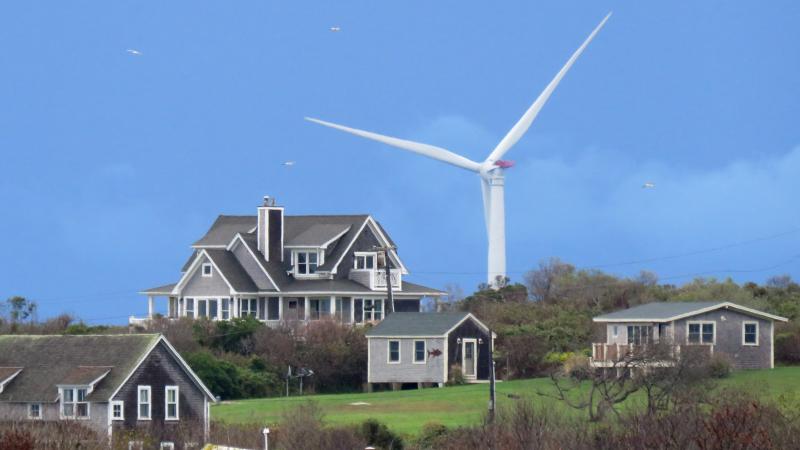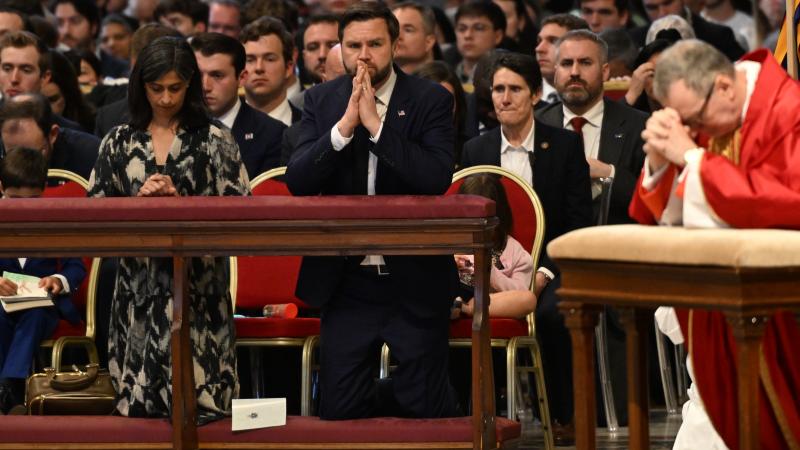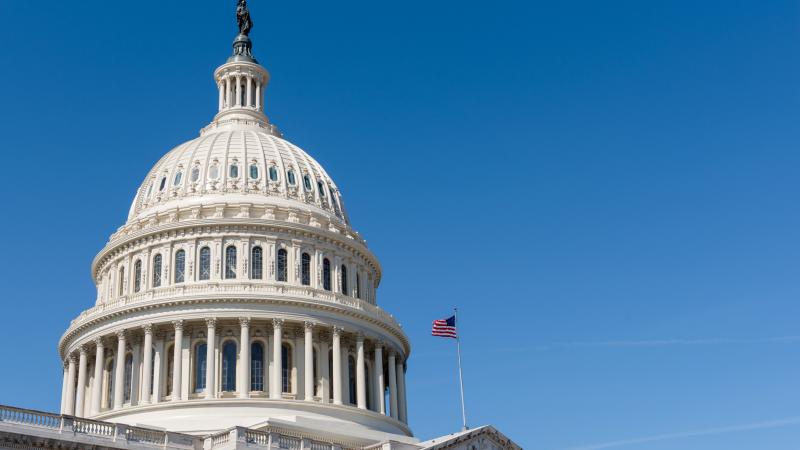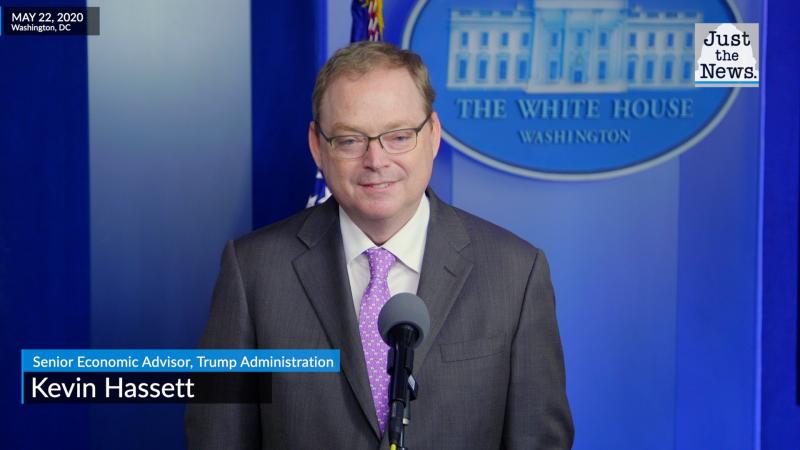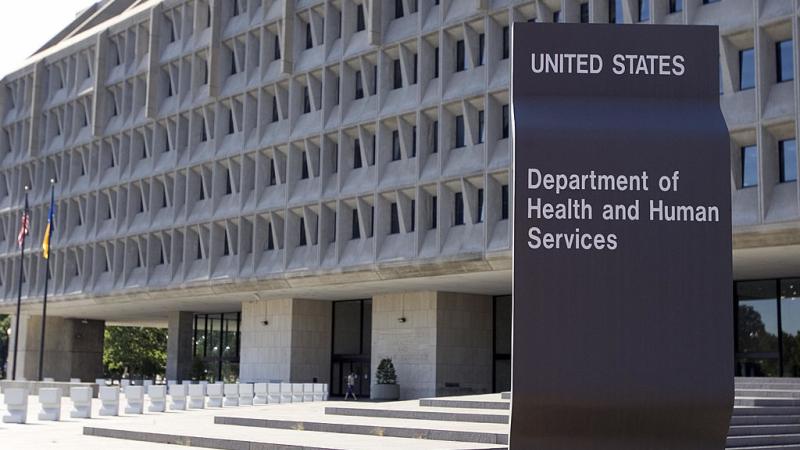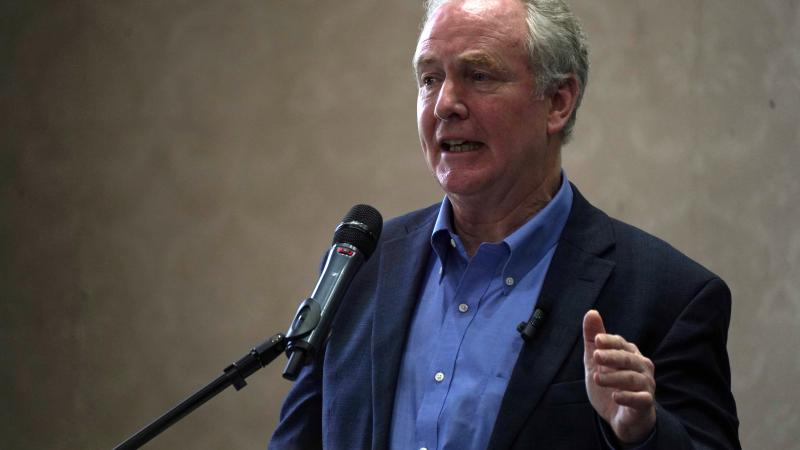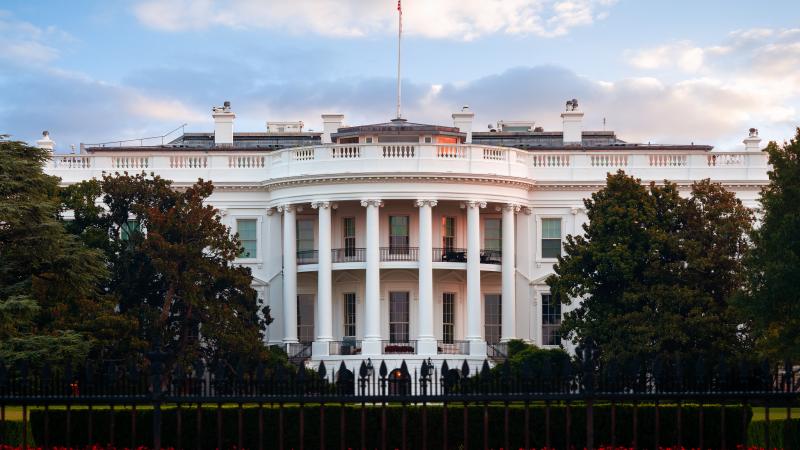Hundreds of mayors and dozens of Democratic governors vow to defy Trump’s energy policies
The U.S. Climate Alliance and Climate Mayors issued statements saying that the Trump administration's policies won't deter them from pursuing net zero emissions on the state and local level.
On his first day in office, President Donald Trump signaled a near-complete retreat from the Biden-Harris administration’s climate agenda, to be replaced with a plan for “American energy dominance.”
The actions the president took upon taking office sought to fulfill a campaign promise to improve the economy by lowering the cost of energy. While people around the world are generally supportive of efforts to lower emissions and build out wind and solar power, polls that also ask respondents how much they’re willing to spend find rapidly declining support even at $1 per month.
Achieving net zero comes with enormous costs — according to one estimate, world governments will need to spend $9.2 trillion every year to 2050 — and the wind and solar power required to decarbonize the grid greatly increase electricity costs.
While Trump’s campaign promise to bring down energy costs appealed to those who voted for him, supporters of net-zero emissions policies are predictably critical of Trump’s energy policies. Democratic and climate-focused mayors across the U.S. are vowing to defy Trump’s and the GOP energy agenda.
Climate action
Democratic Govs. Kathy Hochul of New York and Michelle Grisham of New Mexico, co-chairs of the Climate Alliance, issued a joint statement on Inauguration Day to United Nations Climate Change Executive Secretary Simon Stiell assuring the official that the United States would continue “climate action,” despite Trump’s executive orders.
“Our states and territories continue to have broad authority under the U.S. Constitution to protect our progress and advance the climate solutions we need. This does not change with a shift in federal administration,” the letter stated.
Defiance: "not backing down."
The Climate Alliance is composed of 22 Democratic state governors who support advancing net-zero policies. Its policy priorities include setting greenhouse gas emission reduction targets, mandating energy efficiency resource standards, financing renewable energy, and taxes on emissions.
Larry Behrens, communication director for Power the Future, points out in an editorial on Real Clear Energy, that states governed by members of the Climate Alliance pay 5% more for gasoline and 13% more for electricity over the national average. Five of the states with the highest electric bills have governors who are members of the alliance.
The defiance of Trump’s energy agenda is also happening on the local level. Climate Mayors, an organization composed of 350 mayors in 46 states, issued a statement on Jan. 20 critical of Trump’s decision to withdraw the U.S. from the Paris Agreement.
“Climate Mayors are not backing down on our commitment to the Paris Agreement. The cost of inaction is simply too high. As we have recently seen from the devastating wildfires in Los Angeles, extreme summer temperatures in Phoenix, and hard-hitting hurricanes in North Carolina and Florida, the effects of our changing climate are at our doorstep. Now, more than ever, we must accelerate our work to protect our communities, lower energy bills, create good-paying local jobs, and maintain our nation’s economic competitiveness by modernizing our infrastructure and investing in emerging markets,” the group said in a statement.
The 2015 Paris Agreement is an international treaty signed by 196 nations promising to limit emissions to maintain global warming levels to no higher than 1.5 degrees Celsius above pre-industrial levels. Trump had withdrawn the U.S. from the agreement during his first term, and former President Joe Biden signed the U.S. back on. Trump then revoked Biden’s order upon taking office this month.
Shortly after Trump’s election victory, the Energy News Network, which advocates for the wind and solar industry, published an editorial arguing that under the Trump administration, climate activists should pursue state-level action.
“State lawmakers and regulators have the ability to order local utilities to shut down or reduce emissions from fossil-fueled power plants and expand the share of electricity they generate from zero-carbon resources like wind, solar, geothermal, and nuclear power,” the editorial explained.
Checks and balances
Gabriella Hoffman, director of the Center for Energy and Conservation at Independent Women’s Forum, told Just the News that the center was very encouraged by Trump’s initial actions to set American energy policy on a new course.
“President Trump followed through on his promises to move away from ‘all of the above’ rhetoric of net zero to posturing that focuses on reliability and abundance. That's very encouraging,” Hoffman said.
However, as much of what Trump has done so far is through executive orders, Hoffman explained, these could be easily overturned by the next administration. She said Trump and Congress should work together to codify these policies so they can’t be undone in four years.
Jason Hayes, director of energy and environmental policy at the Michigan-based Mackinac Center, told Just the News that, while he disagrees with proponents of net-zero, he said action on the state and local level in opposition to the federal government is part of American democracy.
“We saw the same sort of thing when Biden won as we're seeing now. You can have groups that oppose the policies of an incoming administration, which do things too slow or mitigate what they see as potential damage. It's the checks and balances that are inherent in the American system that I see these groups using today,” Hayes said.
Gusts of wind
Hayes said that climate policies going forward are going to be operating in a different environment than they have in the past. European nations, especially Germany and the United Kingdom, are much further along on a path to net zero than the U.S., and they’re having serious problems.
In the U.K. residents pay four times more for electricity than households in the U.S. Across Europe, heavy industries are shutting down. Germany has been experiencing months of low wind speeds, leaving its wind farm output dismally low. As a result, it’s had to import electricity from other countries, which drives up wholesale costs across Europe.
Hayes said that the limits of intermittent wind and solar power to sustain the energy needs of an industrialized nation as determined by the laws of physics are becoming more well known. The outcomes of the real-world net-zero experiments are not demonstrating that the goal is possible under current technologies.
A path to net zero in the U.S. is unlikely to yield different results from that in Europe. The Mackinac Center produced a report last summer, “Shorting the Great Lakes Grid” analyzing the future impacts of net zero policies in seven Great Lakes states. Of the 38 major investor-owned utilities within the Great Lakes region, 32 are aiming to reach net zero by 2050 or sooner. The report concludes that these policies are going to undermine affordable, reliable energy.
“We're shutting down the stuff that works — coal, gas and nuclear — and trying to power a contemporary industrial economy on errant gusts of wind and sun beams. It’s just not physically possible,” Hayes said.
More robust debate
Besides more information on the impacts of net zero, Hayes said it’s a lot easier to get information out to people. While the legacy media continues to spread the “climate crisis” narrative largely without challenge — sometimes receiving funding from anti-fossil fuel groups to spread the message — the world of social media changed when Tesla CEO Elon Musk bought Twitter and ended the platform’s censorship practices. Meta CEO Mark Zuckerberg has also said he’s ending censorship on the company’s Facebook platform, though it remains to be seen if its new content moderation systems will be implemented and allow for freer speech.
“All of these voices are now able to be heard. So I think what you're seeing is groups like these Climate Mayors and the U.S. Climate Alliance, they're actually facing effective pushback for the first time in a lot of years,” Hayes said.
While hundreds of mayors and a couple dozen Democratic governors are vowing to continue along the same energy policies that the Biden-Harris administration embraced, they’re going to be up against a much more robust debate on the efficacy and affordability of their preferred policies, in addition to a federal administration going in an entirely different direction.
The Facts Inside Our Reporter's Notebook
Links
- American energy dominance
- generally supportive of efforts
- rapidly declining support
- according to one estimate
- greatly increase electricity costs
- Climate Alliance
- Trump's executive orders
- Power the Future
- editorial on Real Clear Energy
- group said in a statement
- Paris Agreement is an international treaty
- editorial
- Gabriella Hoffman
- Jason Hayes
- residents pay four times more for electricity
- heavy industries are shutting down
- drives up wholesale costs across Europe
- Shorting the Great Lakes Grid
- largely without challenge
- receiving funding from anti-fossil fuel groups
- platformâs censorship practices
- remains to be seen

